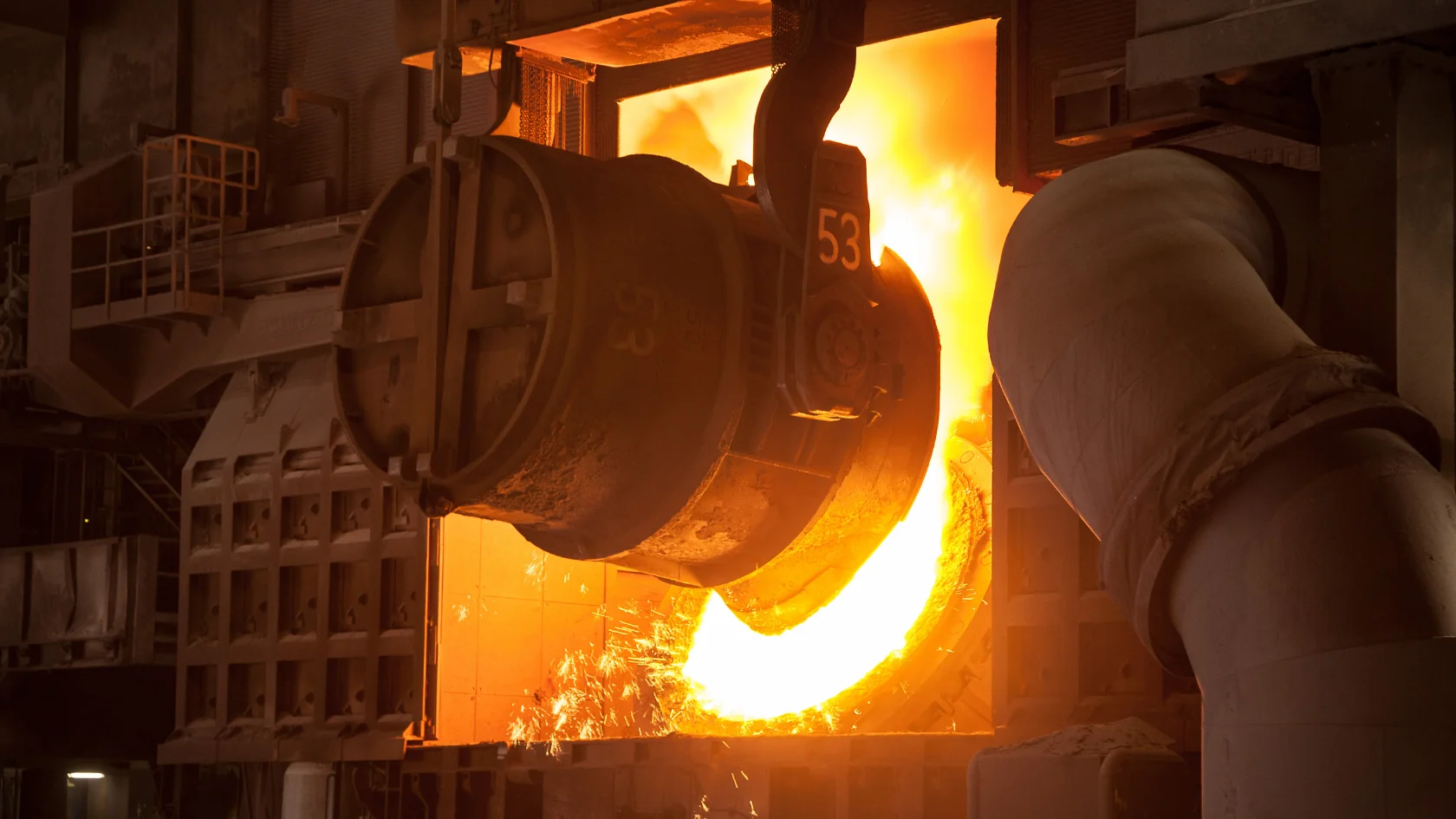In a deal that reshapes the landscape of American steel production, Nippon Steel officially finalized its $14.9 billion acquisition of U.S. Steel in June 2025. This cross-border transaction has drawn global attention, not for political reasons, but for what it signals about the future of U.S. manufacturing, foreign investment, and supply chain dynamics.
What does it mean when one of the most iconic American industrial brands is absorbed by a Japanese parent company? And how will it affect domestic output, jobs, and trade partnerships? This article breaks it down.
The Facts Behind the Deal
- Deal Value: $14.9 billion
- Buyer: Nippon Steel, Japan’s largest steelmaker and one of the top globally
- Seller: U.S. Steel, a 122-year-old American company with major operations in Pennsylvania, Alabama, and beyond
- Timeline: Shareholders approved the acquisition in early 2025; the deal closed officially in June after regulatory review.
U.S. Steel will continue to operate under its name, but will now be part of Nippon’s broader global network.
What It Means for U.S. Jobs and Operations
Nippon Steel stated that it plans to retain U.S. Steel’s headquarters in Pittsburgh and not cut American jobs. Instead, the acquisition is positioned as a way to modernize operations and expand capacity in high-value products like automotive-grade steel.
However, union officials remain cautious, especially as contract negotiations loom. Many workers are focused on long-term control over working conditions, benefits, and plant operations.
A Strategic Move in a Changing Global Market
This acquisition is not just a financial transaction. It reflects larger economic forces:
- China’s growing steel influence has pressured global producers to consolidate.
- Decarbonization in industry has led to greater investment in electric arc furnaces and green steel tech, where Nippon has made early moves.
- U.S. demand for domestic steel remains high due to infrastructure investments and reshoring trends.
Nippon gains access to U.S. capacity. U.S. Steel gains capital and R&D support. Together, they may become more competitive on a global stage.
Foreign Ownership and Industrial Policy
The deal also raises quiet questions about the role of foreign ownership in strategic U.S. industries. While the Biden administration did not block the deal, some lawmakers have voiced concerns over national security and supply chain autonomy.
That said, no antitrust or national security laws were violated. In fact, the Committee on Foreign Investment in the U.S. (CFIUS) cleared the deal, citing minimal risk and strong strategic alignment.
Bottom Line
The Nippon Steel and U.S. Steel deal is more than a headline — it’s a snapshot of how American industry is evolving. It shows that global capital and strategic partnerships are becoming essential to modernizing legacy sectors like steel.
Whether this results in stronger domestic manufacturing or deeper reliance on global ownership will depend on execution — and on how well both companies deliver on their promises to workers, customers, and communities.
Editor’s Note:
This article references information originally reported by Reuters, including financial details and official statements from Nippon Steel and U.S. Steel.





